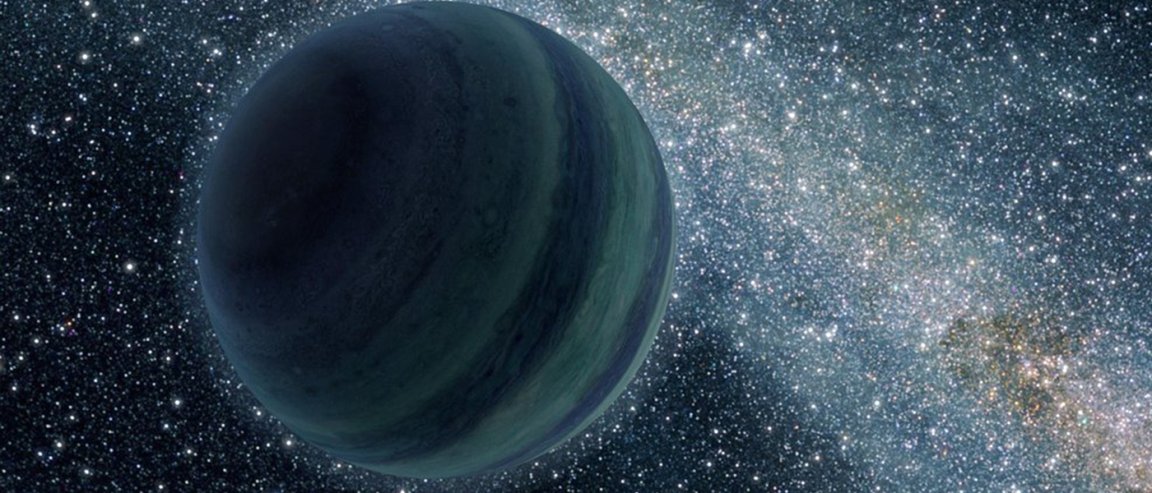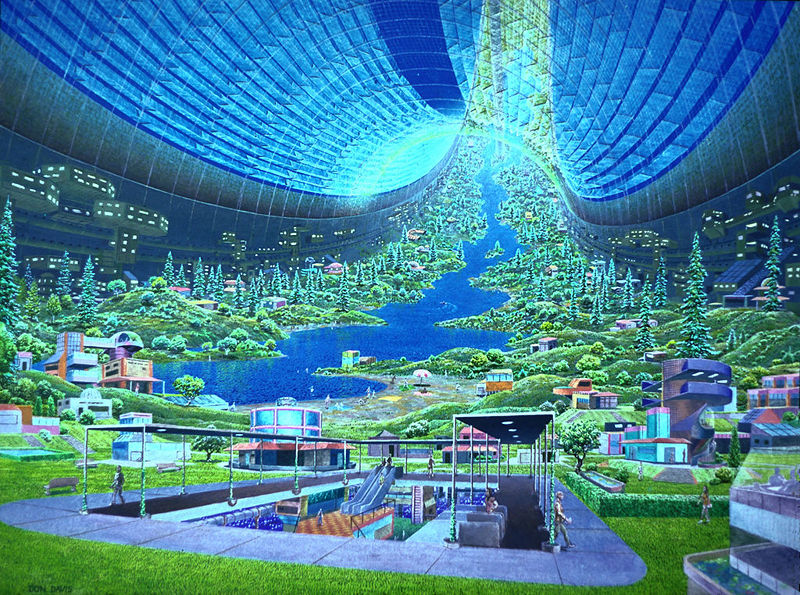
Three (not-so-easy) Steps
We all probably think space exploration will end up in space colonization. With developments in rocket science, the search for exoplanets, and forays into space tourism and travel, we may actually get there. But what does it take to colonize other worlds?
Step One: Know that space travel is ultra-long distance
Space is huge. This has been the biggest hurdle to overcome when considering space travel. For example, one of the nearest stars to us, the Tau Ceti, is about 100 billion times farther from the Earth than the moon (around 12 light-years away). This hurdle can be overcome by building space arks, not just space ships, which would be big enough to sustain humans in interstellar travel.
Step Two: Travel light, travel fast
A big space ark, however, would mean a lot of fuel. It would also mean slow travel, which lengthens the traveler’s exposure to cosmic radiation. The solution? Miniaturization.
Miniaturization, however, has its problems. We are not built for it. “That array of living beings has to function in a dynamic balance for us to be healthy, and the entire complex system co-evolved on this planet’s surface in a particular set of physical influences, including Earth’s gravity, magnetic field, chemical make-up, atmosphere, insolation, and bacterial load. Traveling to the stars means leaving all these influences, and trying to replace them artificially,” explains Kim Stanley Robinson in Scientific American.
Step Three: Be prepared to find a planet with or without life
If the planet to be colonized has some form of life, we have no way way of predicting whether they will welcome human with an interstellar Thanksgiving or grind us into a nourishing paste. Of course, we could always try to co-exist with them. But if the planet is inert, then the problems to be faced are of a different nature. The first step in building a colony would have to be terraforming the planet.
In both cases, the process of colonization would be off to a slow start. Each step could take centuries. And as Scientific American points out, the people who actually get to the other planet will not have volunteered for the mission. In fact, many generations will be forced into a very rigidly run system.

Remember Your Most Important Asset: Ingenuity
Given all of these, the most important thing to remember is that human beings are ingenious and adaptable. We might easily learn how to overcome the difficulties mentioned above, or we could simply learn to live with it. Of course, a lot of assumptions were made to flesh out this scenario. By the time humans are ready to start colonizing, technology may be able to do things we cannot fathom today. Also, its possible that with exploration and curiosity, we may be able to understand the universe in ways to make the trek easier.
So before we go colonizing other worlds, we might have to figure out how to deal with all the possible issues it entails. One way of doing so is to try and solve these problems here in our current planet. The guide to that goal is much more manageable.